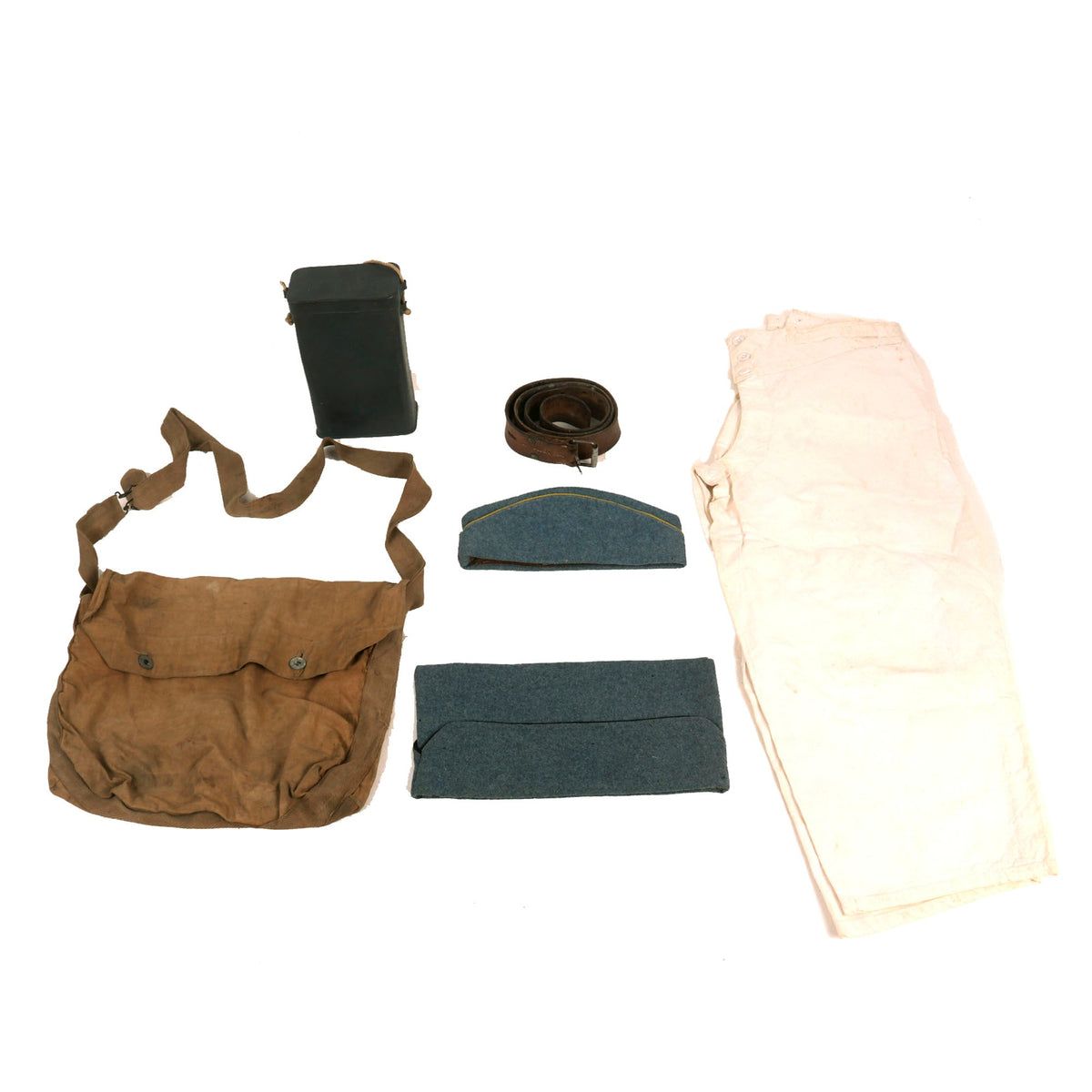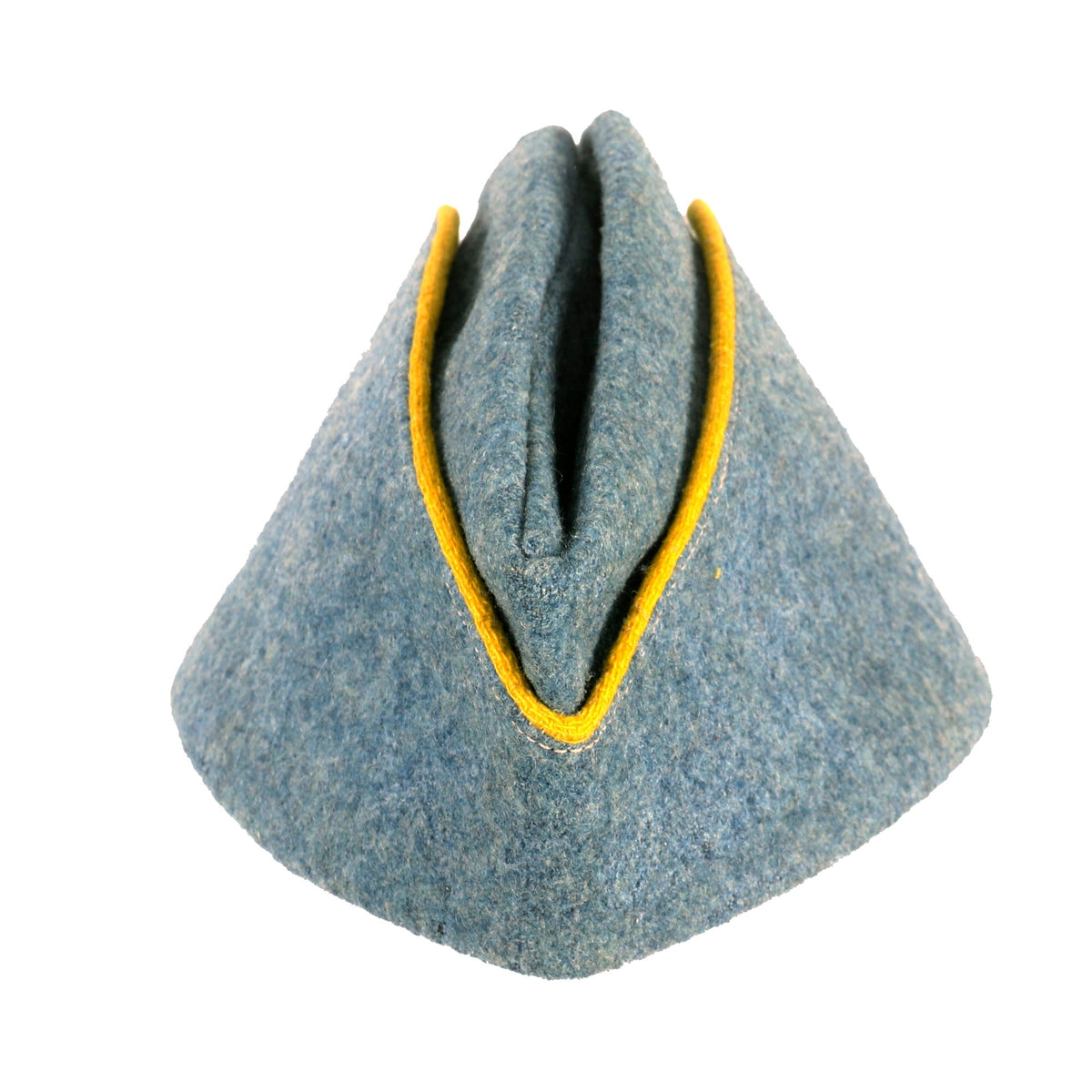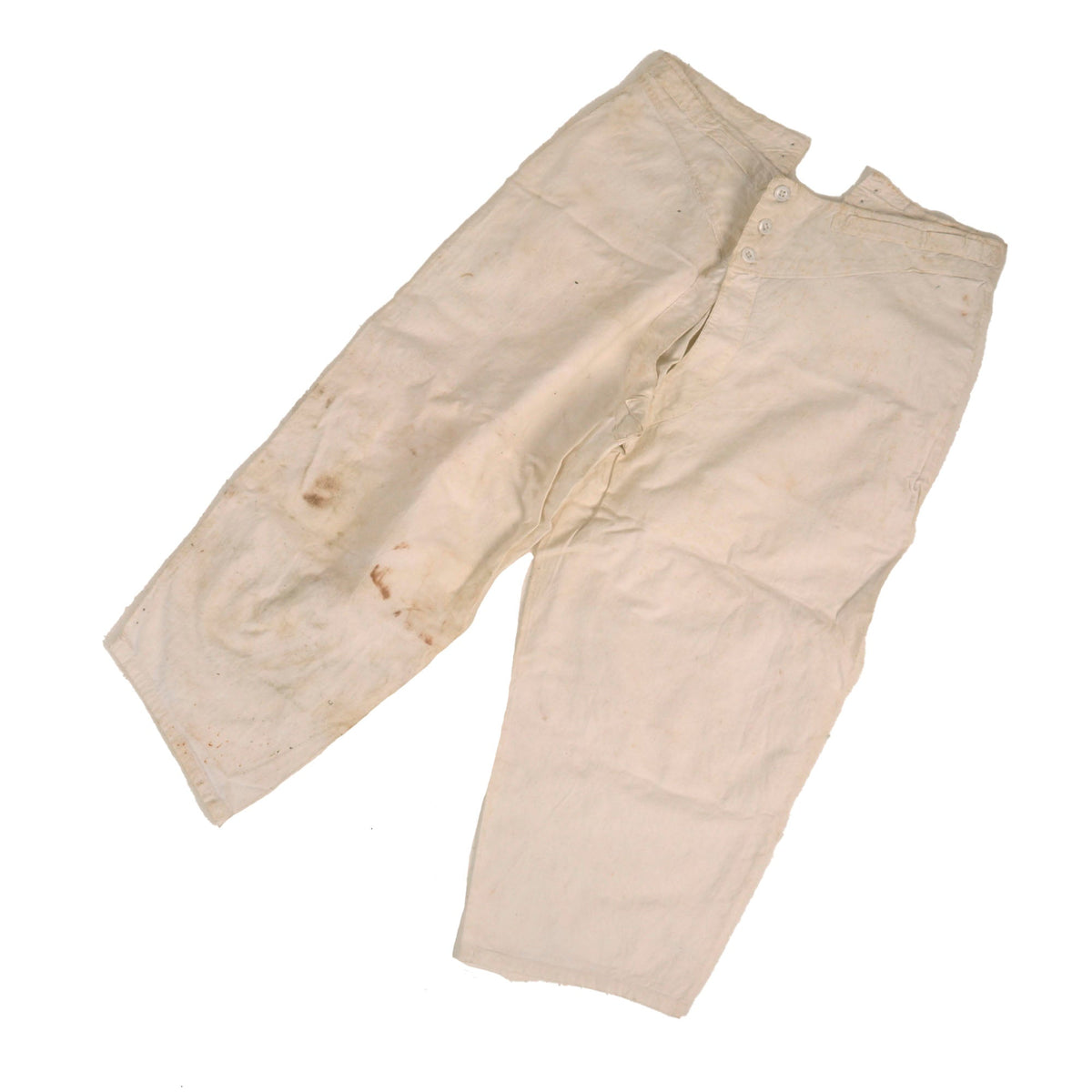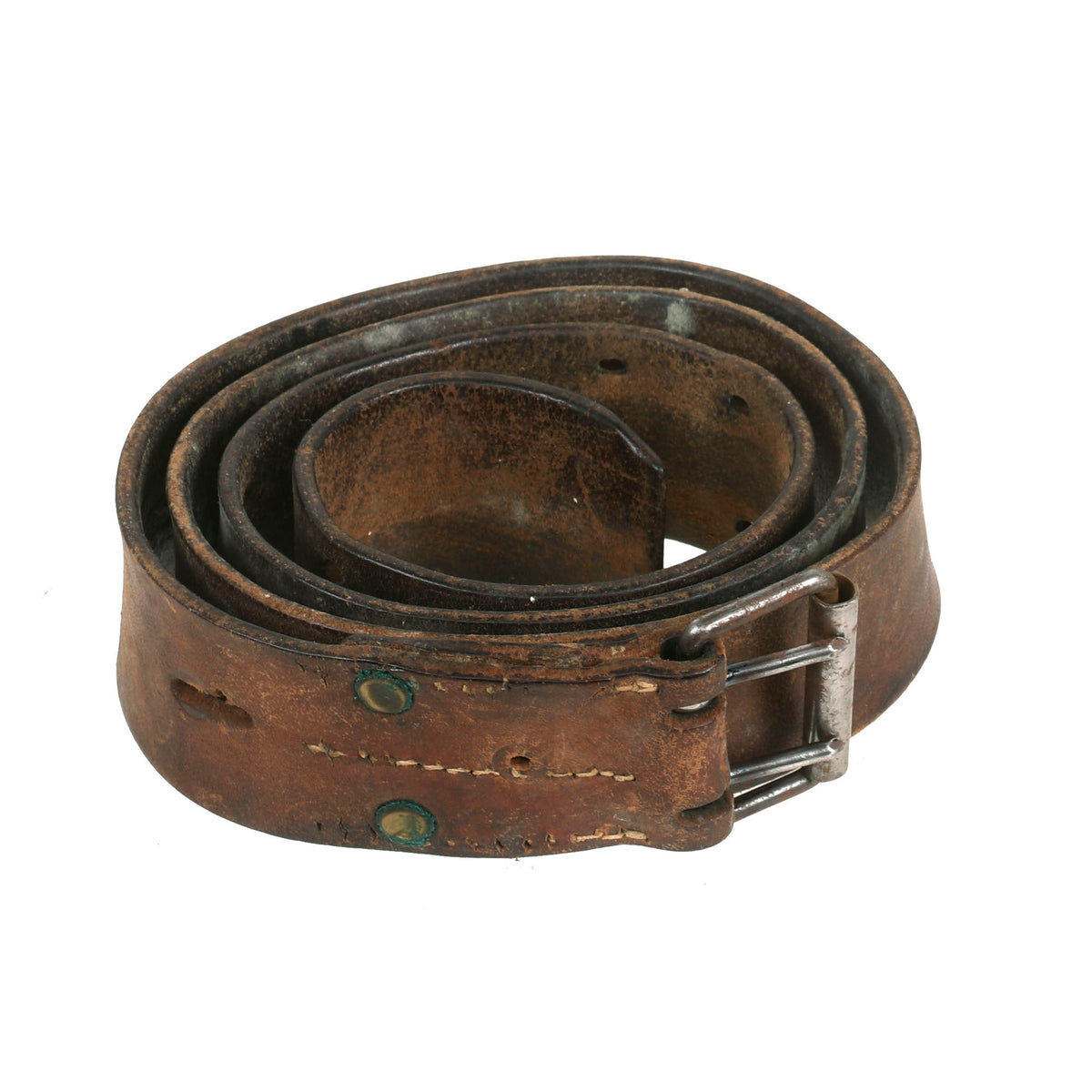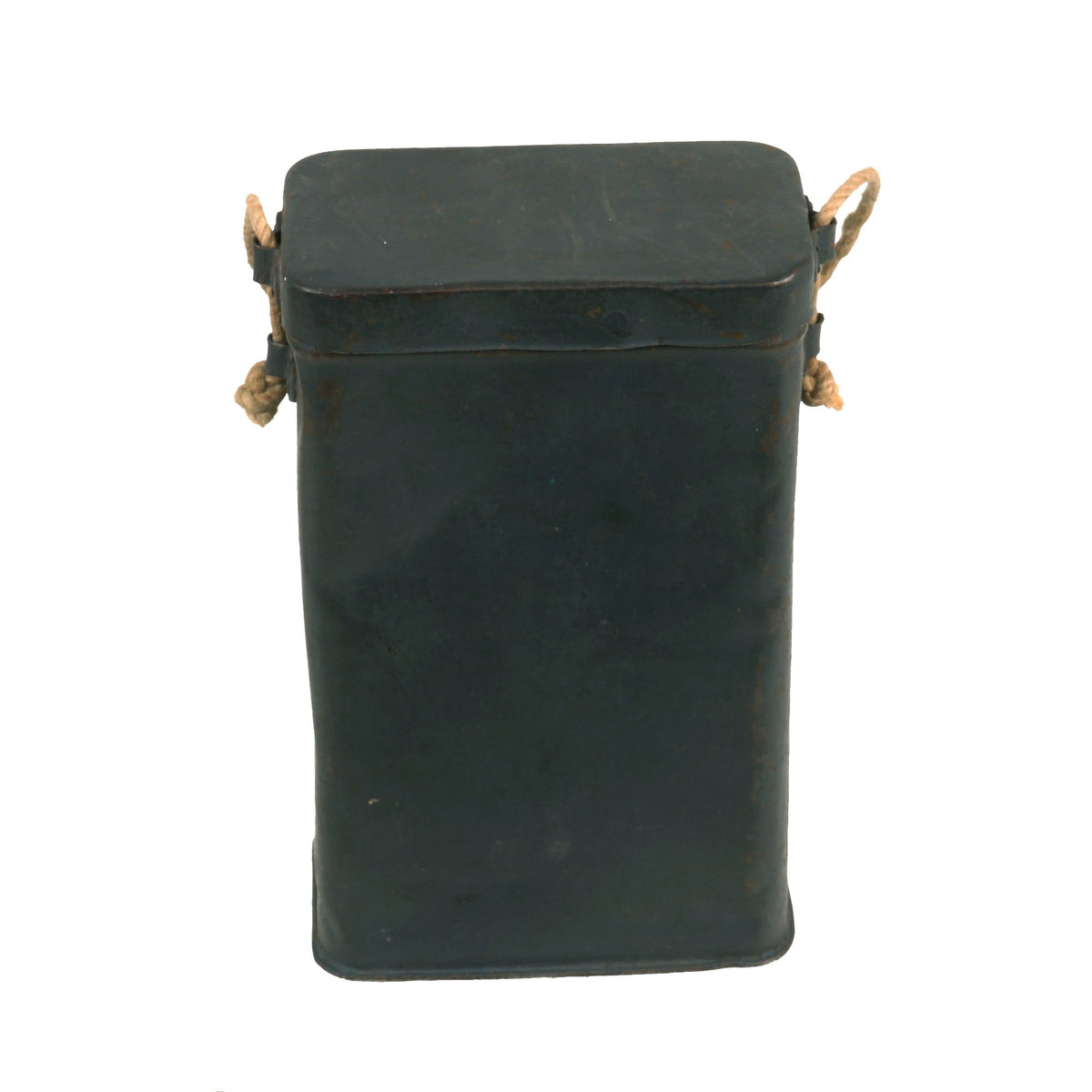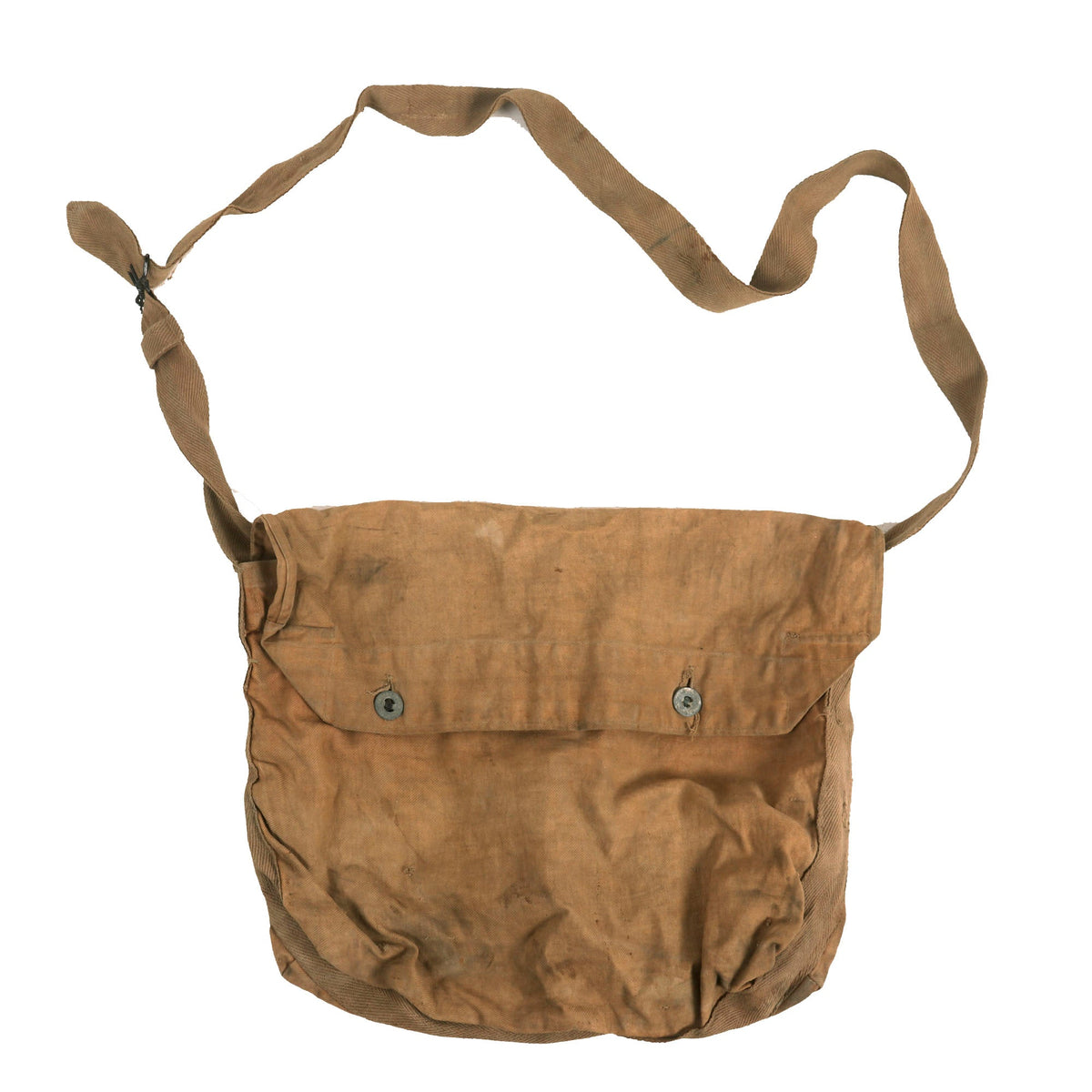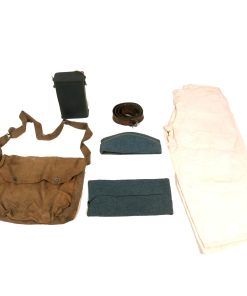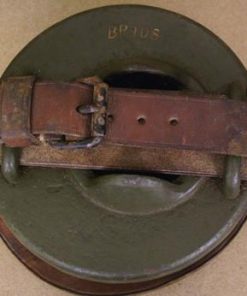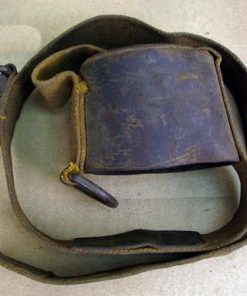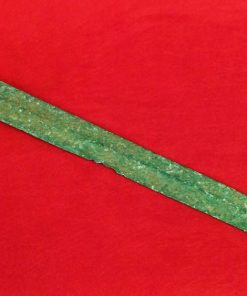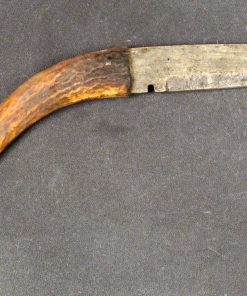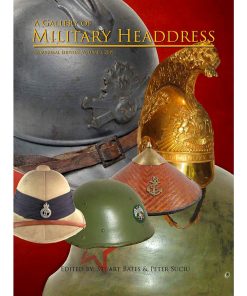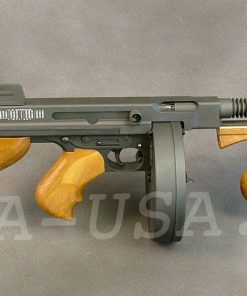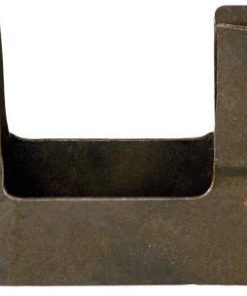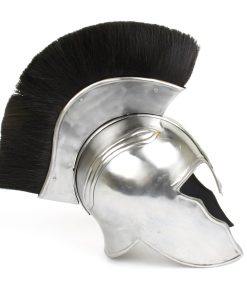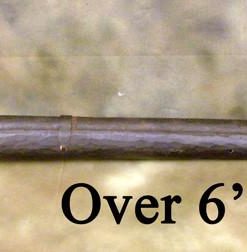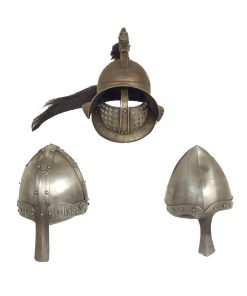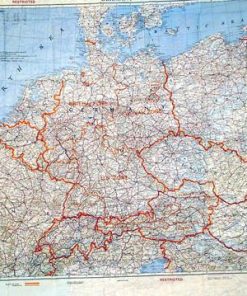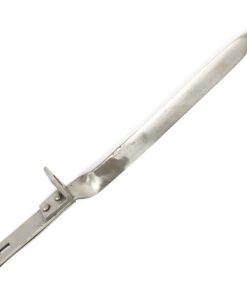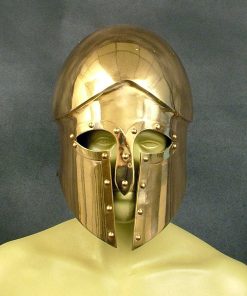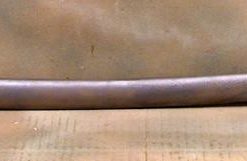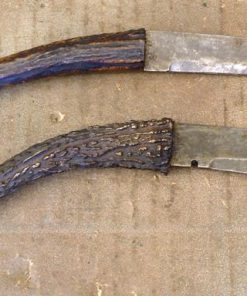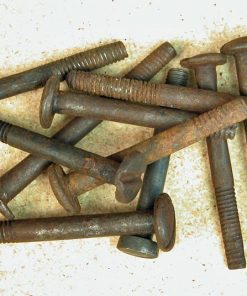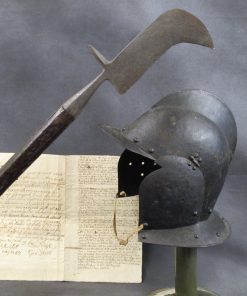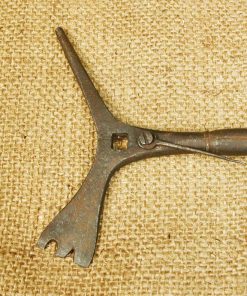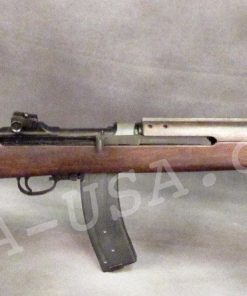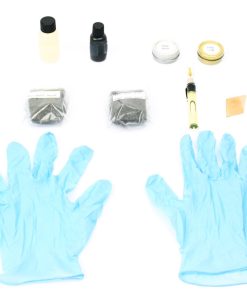Original France WWI Uniform and Field Gear Lot Featuring American Field Service Worn Horizon Blue Overseas Cap – 6 Items Original Items
$ 450,00 $ 135,00
Original Items: Only One Lot of 6 Available. This is a lovely starter set, perfect for the collector who is just coming into the hobby. During World War I, France was one of the Triple Entente powers allied against the Central Powers. Although fighting occurred worldwide, the bulk of the French Army’s operations occurred in Belgium, Luxembourg, France and Alsace-Lorraine along what came to be known as the Western Front, which consisted mainly of trench warfare. Specific operational, tactical, and strategic decisions by the high command on both sides of the conflict led to shifts in organizational capacity, as the French Army tried to respond to day-to-day fighting and long-term strategic and operational agendas. In particular, many problems caused the French high command to re-evaluate standard procedures, revise its command structures, re-equip the army, and to develop different tactical approaches.
The items in this lot:
– Model 1903/14 Leather Belt: The regulation of 9 December 1914, which redefined the uniforms of the French army on a whole, adopted that from then on, all French leather gear would no longer be blackened but would be left in its natural tan color called ‘fauve’. Additionally, all leather items were now made with the smooth grain side facing out. The first M1903/14s were distributed to new recruits and returning wounded before joining their front-line units beginning in the spring of 1915. Gradually the new belts were distributed to all front-line troops, replacing the black leather items. The width of the M1903/14 belt remained unchanged from its predecessor at 55 mm, and likewise came in three lengths: 110, 115 and 125 cm. Per regulations, the number of holes remained the same: 11 pairs of holes (22 in total). The buckle assembly also remained the same as the 1903, a brass two-pronged roller buckle, with the exception that the buckle frame now had rounded corners. As a matter of economy, later versions of the M1903/14 were made with japanned (black lacquered) buckle assemblies as well, though it is believed this version was widely distributed.
To economize material and labor, war-time versions of the M1903 and M1903/14 belts began to appear in the fall of 1914 and would remain in use throughout the war. Primarily these can be identified by the use of rivets (brass or japanned iron) in combination with or in complete replacement of stitching. Single-prong buckles were also made in lesser quantities, both in brass and japanned iron.
– le Caleçon (Underdrawers) Dated 1917: Cotton, either pin-striped or plain white like these. Each man was only issued one pair, though private purchases could be made. The prevailing notion was that the shirt, with its long tails, acted as the primary undergarment and was to be washed more frequently. In cold weather, flannel cotton underdrawers were issued.
la Musette (Haversack) Model 1892: Heavy cotton canvas; Issued in various materials, sizes and shades of natural and cachou. Two buttons made of tin, commonly stamped “Equipement Militaire.” Alternatively, they could be plain metal with no stamping. Carrying strap is 3 cm in width. Strap buckle made of iron. Carried bread and daily rations, personal effects, toiletries, and (when on the assault) grenades. Each soldier carried at least two.
2 Gas Mask Storage Tin Painted Horizon Blue: This is a storage tin for the M2 Gas Mask. The M2 gas mask was a French-made gas mask used by French, British and American forces from April 1916 to August 1918 during World War I. The M2 was fabricated in large quantities, with about 29,300,000 being made during the war. It was intended to protect the wearer from at least five hours’ exposure to phosgene gas, a common chemical weapon of the time.
The tin is in great condition with a solid shape and appears to be complete.
– x2 Horizon Blue Overseas Caps: Both are in solid condition but do have areas of heavy mothing scattered throughout. One of the caps is interesting as it bears a Philadelphia based maker mark. While the United States did not produce items for the French Army during the war, many American Field Service AFS volunteers often had to purchase their own uniform items before departure, this is a great example of such. AFS was born in World War I as a volunteer ambulance and medical corps supporting the Allied war effort.
A fantastic assortment of items that comes more than ready for further research and display.
Fast Shipping with Professional Packaging
Thanks to our longstanding association with UPS FedEx DHL, and other major international carriers, we are able to provide a range of shipping options. Our warehouse staff is expertly trained and will wrap your products according to our exact and precise specifications. Prior to shipping, your goods will be thoroughly examined and securely secured. We ship to thousands clients each day across multiple countries. This shows how we're dedicated to be the largest retailer on the internet. Warehouses and distribution centres can be located throughout Europe as well as the USA.
Note: Orders with more than one item will be assigned a processing date depending on the item.
Before shipping before shipping, we'll conduct a thorough inspection of the items you have ordered. Today, the majority of orders will be delivered within 48 hours. The delivery time will be between 3-7 days.
Returns
The stock is dynamic and we cannot completely manage it because multiple stakeholders are involved, including our factory and warehouse. So the actual stock may alter at any time. It's possible that you may not receive your order once the order has been made.
Our policy is valid for a period of 30 days. If you don't receive the product within 30 days, we are not able to issue a refund or an exchange.
You can only return an item if it is unused and in the same state as the day you received it. You must have the item in its original packaging.
Related products
Uncategorized
Australian WWII Owen MK1 Machine Carbine SMG Custom Fabricated Replica with Sling Original Items
Uncategorized
Uncategorized
Uncategorized
Uncategorized
Armoured Fighting Vehicles of the World: AFVs of World War One (Hardcover Book) New Made Items
Uncategorized
Angolan Rebel 1970s era 60mm Inert Display Mortar from Angolan Civil War Original Items
Uncategorized
Uncategorized
Uncategorized
Uncategorized
Uncategorized
Uncategorized
Uncategorized
Uncategorized
Uncategorized
Uncategorized
Armored Burgonet Helmet & Polearm from Scottish Castle Leith Hall Circa 1700 Original Items
Uncategorized
